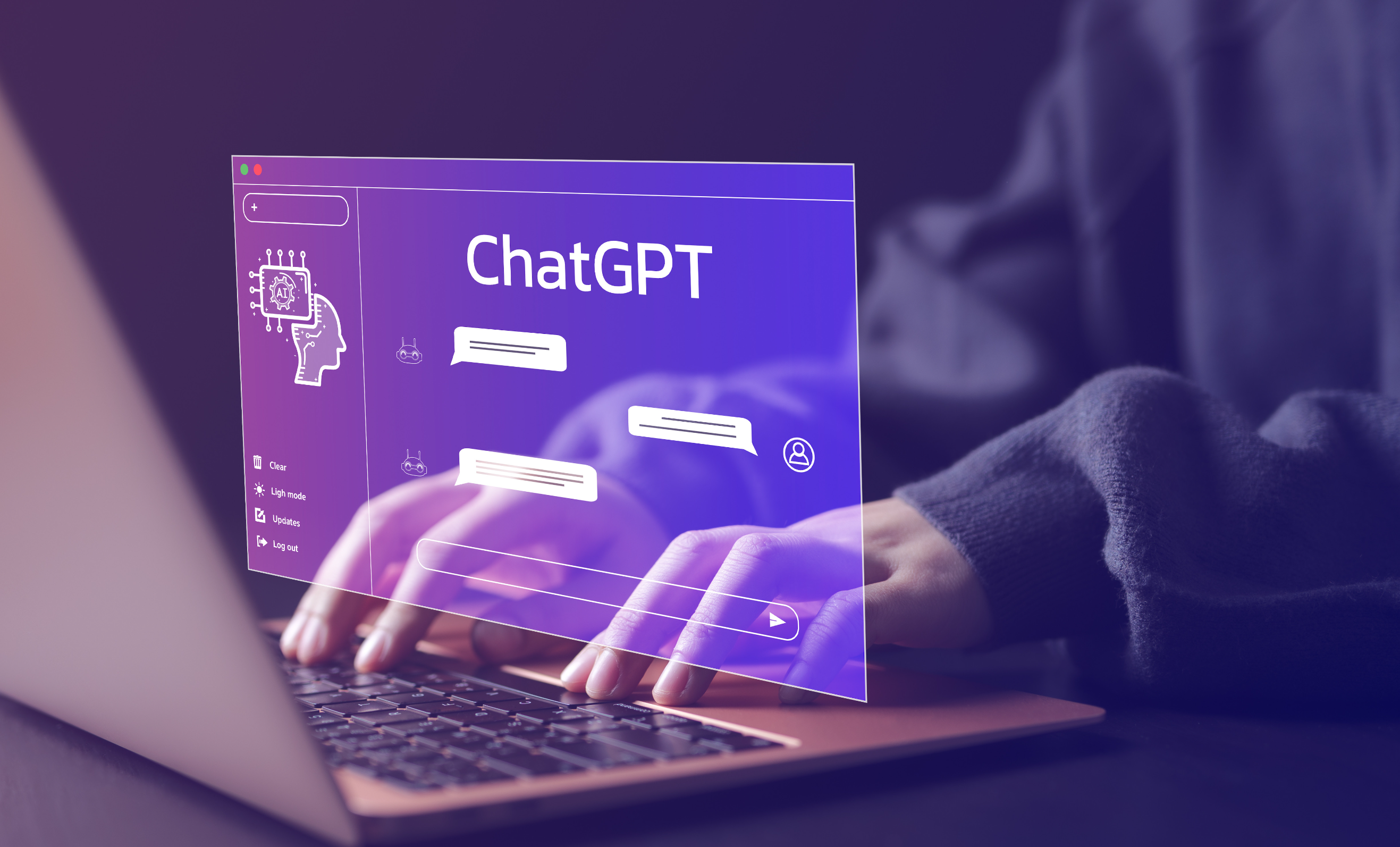South Korean firms develop ChatGPT misuse prevention guidelines
- Josephine Tan
- Topics: Compliance, Digital Transformation, Home Page - News, News, South Korea

Several major South Korean organisations, such as Samsung, SK, LG, and POSCO, are developing guidelines for the proper use of ChatGPT and other chatbot artificial intelligence (AI) services. The main objective, reported The Korea Times, is to avoid problems arising from the misuse of these programmes, including information leaks.
This decision follows reports of overseas organisations blocking the use of ChatGPT due to concerns about handling confident data. As part of their efforts, organisations in South Korea are conducting campaigns to educate their employees about the potential risks associated with the misuse of these programmes.
Samsung Electronic has already issued an in-company message to its employees to highlight the misuse of ChatGPT. The managers of the organisation have also trained their employees on the proper use of the service. This move aims to prevent data leaks that could occur if internal information is shared with the chatbot AI, given that semiconductor-related information is classified as a state secret.
Similarly, steelmaking company POSCO is allowing its employees to use ChatGPT only through a business communication platform to strengthen security and work efficiency. Meanwhile, LG Display is conducting an in-company campaign and education programme to protect the organisation’s information and prevent data leaks.
READ: Public employees in South Korea have little appetite for team lunches
As for semiconductor company SK hynix, it has taken the extra step of blocking the use of ChatGPT on its internal network and now requires employees to obtain security approvals before using the service.
ChatGPT is a generative AI service developed by OpenAI. Since its launch in November 2021, the technology has been used for various purposes, including software programming, translation, and web searches.






